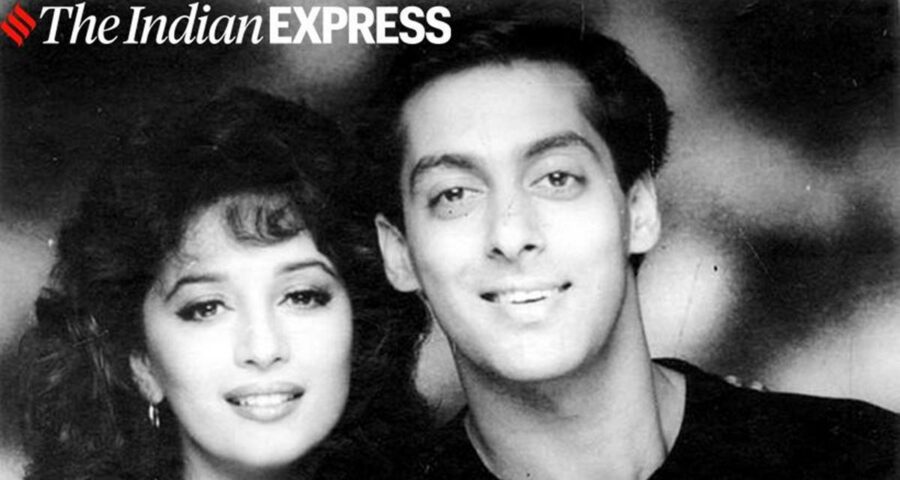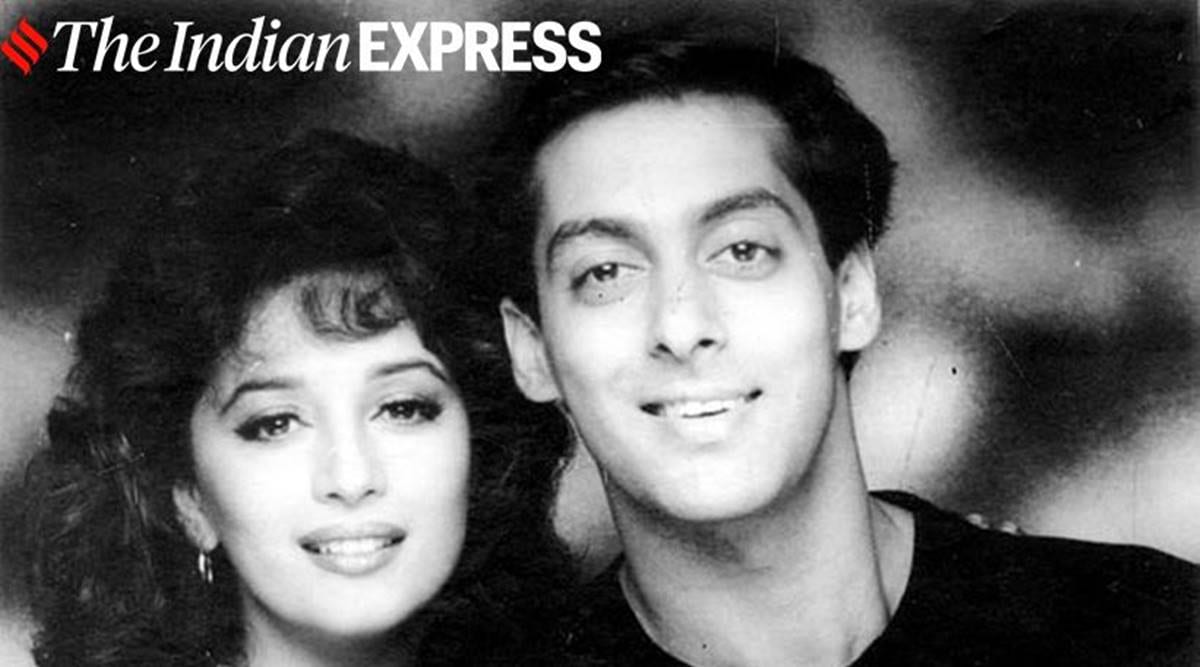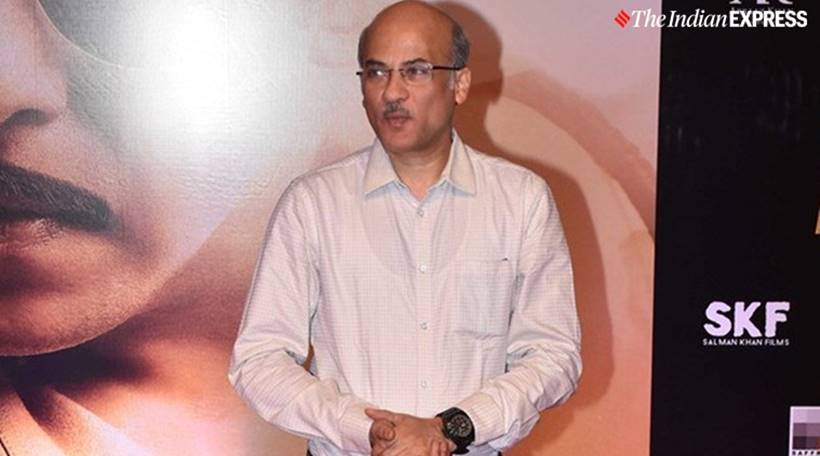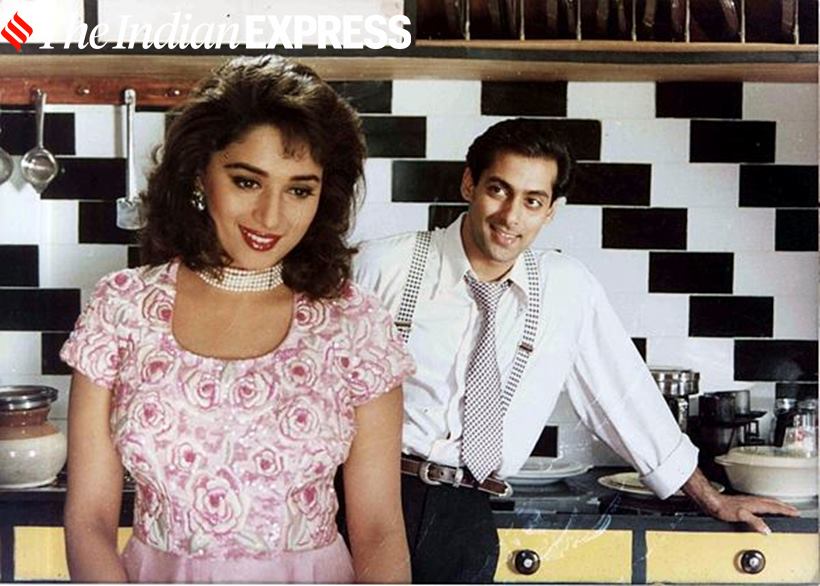Hum Aapke Hain Koun..! which released in 1994 is replete with old-fashioned gender roles that looks regressive from the vantage point of hindsight. We should not forget that the film was a reflection of its times, where patriarchy ruled the mainstream without many challenges.
Director Sooraj Barjatya turned a year older today; he is 55 now. And it seemed like the right occasion to watch his legacy-defining blockbuster, Hum Aapke Hain Koun..!, for the first time recently on Netflix. Little did I know that I was signing up for an over three-hour-long non-stop flow of celebratory songs and occasional strokes of melodrama. And surprisingly, I did enjoy it.
Of course, the film which released in 1994 is replete with old-fashioned gender roles that looks regressive from the vantage point of hindsight. We should not forget that the film was a reflection of its times, where patriarchy ruled the mainstream without many challenges. However, we cannot extend the same leniency to Sooraj Barjatya for making Prem Ratan Dhan Payo in 2015. That film is an indication of Sooraj’s deep-seated conviction to continue his mission of teaching women their place in society. Now, that’s a debate for another time.
In Hum Aapke Hain Koun..!, Sooraj marries his observations about an ideal Indian family with his vision of a perfect world, where it is close to impossible to find a sight of human suffering. In a way, the film promotes the idea that the root cause of all troubles is the desire of people for social mobility. And surrendering to the status quo ante is the solution to all human sufferings. Imagine, when people don’t desire things like social progress, rights, equality and recognition of their talents. A society where mediocrity is celebrated, fed, nourished and revered.
In the utopian fantasy of Sooraj, working-class people are so grateful that their boss’s family treats them with respect and kindness. Maybe they felt it was an improvement, from dominant-class cruelty. And the women are content with playing the second fiddle to men in their lives. They don’t nurture an ambition of their own and they are convinced that the very reason they were put on earth was to support and entertain men. Every character that populates Sooraj’s fantasy in Hum Aapke Hain Koun..!, kind of behaves that they live under a monarchy. They have a sworn duty to serve the throne, which is adorned by the men of the Nath family (Kailash Nath, Rajesh Nath and Prem Nath). Yes, this film sells plenty of problematic ideas. No two questions about it.
However, for a minute, let’s discount the questionable ideas that Sooraj’s film promotes and buy into the premise of his fantasia. When you consider Hum Aapke Hain Koun..! purely from a cinematic point of view, this film is a revelation. It is quite gusty of Sooraj to only think of a film, sans major narrative jolts, in terms of engrossing sing-a-longs, elaborately choreographed, high-energy dance numbers without a hint of sadness. It is a celebration of life that barely understands pain. So much so that, there is no song to mourn the death of an important character. Mind you, this is a film where everyone breaks into a song and dance, at the drop of a hat.
And the Nath family gets over the pain of irreplaceable loss over a few awfully-written melodramatic lines and starts planning for another wedding. That’s how much Sooraj despises the idea of grief and the human drama that follows it.
And yet, it is such fun to watch this escapist fantasy. Especially because of its solid music composed by Raam Laxman. The songs sung by SP Balasubramaniam and Lata Mangeshkar remains the mainstay.
Also, Salman Khan’s performance was a revelation. Who thought he could move like that? He is so fluid in this film as opposed to his trademark rigidity we have grown accustomed to.
Source: Read Full Article




